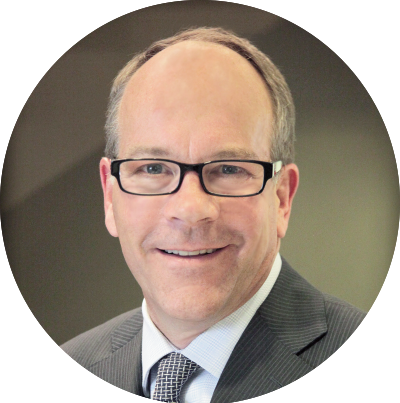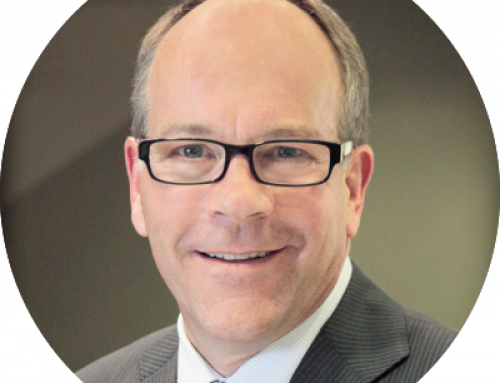One of the most important questions we have about our country’s future is whether prosperity itself will make the American people lose sight of where that prosperity comes from; whether we’ll forget to cultivate the attitudes about freedom, property rights, and hard work that have made not only us great but also all the other places that have followed the same path.
To be clear, this has nothing directly to do with who is president or which party controls Congress. It has nothing to do with the tax cut passed late last year, or recent tariffs, or increases in federal spending, or red tape being cut or added. Instead, it runs much deeper than that and will affect all of these issues over the very long term, multiple generations into the future.
The issue comes to mind for personal reasons, as a couple of us travel around the country with our high school juniors looking at colleges, hither and yon.
We’re not here to shame any particular school, so we’re not going to name any. But here’s what we notice on our visits: at some point, the college admissions officers in charge of the meeting will talk about great accomplishments by students or recently-graduated alumni. Invariably, the accomplishments are volunteer efforts of various sorts that help people in some far off land or, sometimes, here in the US.
Don’t get us wrong, stories like this deserve to be told. They’re important and worthy of honor. But, not once, in all our collective college tours have we ever heard a school bring up someone who, say, grew up in tough circumstances, was maybe the first in their family to go to college, and has since gone on to become a very successful entrepreneur, investor, or key officer at a large company, like a CEO or CFO,…someone who has gone on to create wealth for their own family and others as well.
Not once.
Which is odd because we know these colleges must have tons of these stories to tell. You can tell when you’re taking the tour after the admissions sessions when you walk through the campuses and see the dorms, classrooms, and athletic centers many of which are named after alumni who’ve cut enormous checks.
Maybe stories of business-oriented success are just not on the radar of the kinds of people who run admissions offices. Or, worse, maybe they think it’s embarrassing or that there should be some sort of shame associated with striving to generate wealth.
Either way, they seem out of touch with why so many of their students want to go to college in the first place. “Making the world a better place” is not just about volunteer work; it’s about personal ambition and desire mixing with the invisible hand to raise the standard of living for everyone.
Capitalism isn’t a dirty word and the long-term success of our civilization means making sure our children know it.
Brian S. Wesbury – Chief Economist


